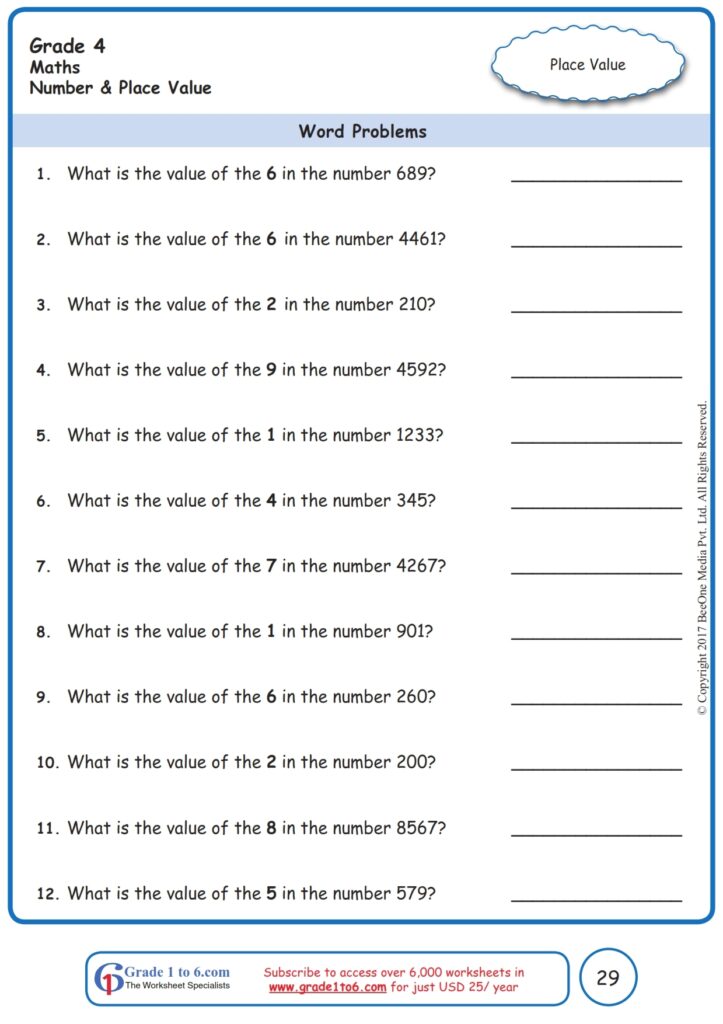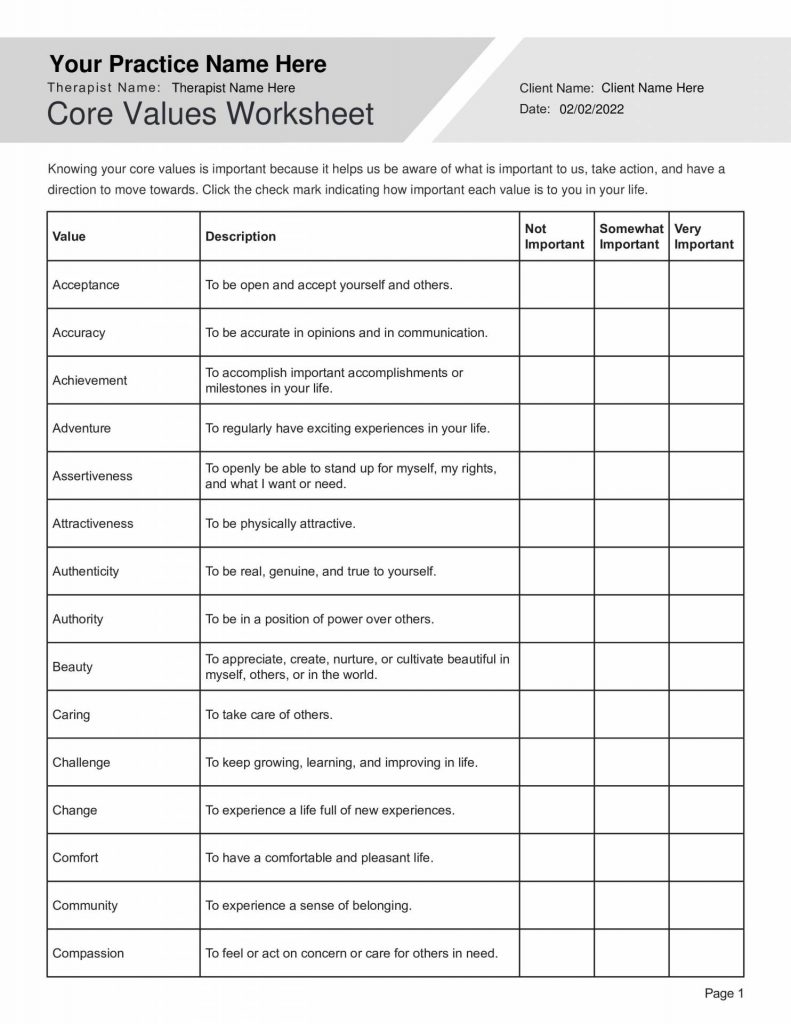Teaching values to children is an important aspect of their development. Values such as honesty, respect, and responsibility play a crucial role in shaping a child’s character and behavior. Worksheets on values can be a valuable tool in helping children understand and internalize these important principles.
By using worksheets, educators can engage children in activities that promote reflection and critical thinking about values. These worksheets can be tailored to different age groups and learning styles, making them a versatile resource for teaching values in the classroom or at home.
Worksheets on Values
One common type of worksheet on values is the character trait worksheet, which focuses on specific values such as kindness, empathy, and integrity. These worksheets often include scenarios or questions that prompt children to think about how they would respond in certain situations, encouraging them to consider the importance of these values in their own lives.
Another type of worksheet on values is the value identification worksheet, which helps children identify the values that are most important to them. By reflecting on their own beliefs and priorities, children can gain a deeper understanding of their own values and how they can align their actions with these principles.
Worksheets on values can also include activities that promote empathy and understanding of others. These worksheets may involve role-playing exercises, group discussions, or creative writing prompts that encourage children to consider different perspectives and develop their capacity for empathy and compassion.
Overall, worksheets on values are a valuable resource for educators and parents who want to instill important values in children. By engaging children in activities that promote reflection, critical thinking, and empathy, these worksheets can help children develop a strong moral compass and make ethical decisions in their daily lives.
In conclusion, worksheets on values are a powerful tool for teaching children about important principles such as honesty, respect, and responsibility. By incorporating these worksheets into their teaching practices, educators and parents can help children develop a strong foundation of values that will guide them in their personal and social interactions.

